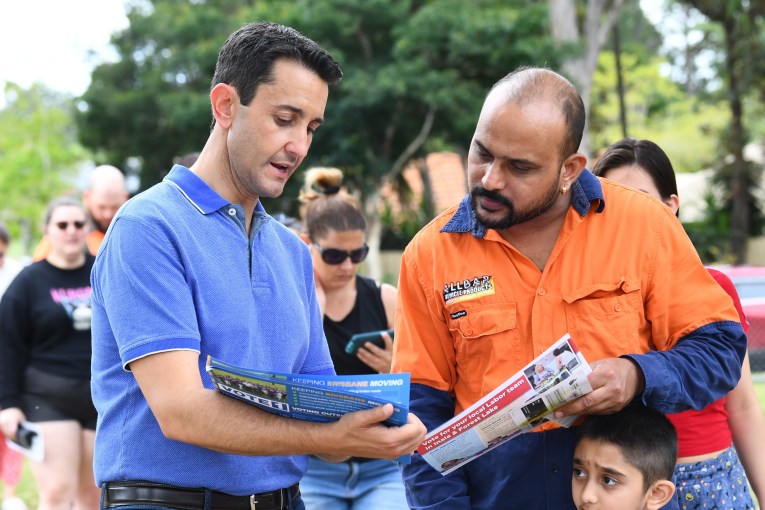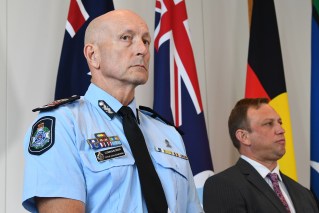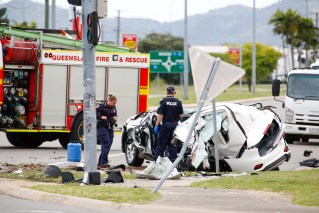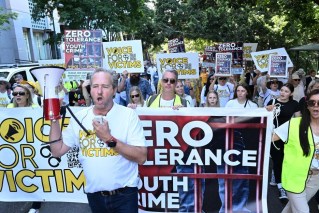Fancy a new car Bro? Jacinda has got $515m to buy your old one
Thousands of low-income Kiwis will be incentivised to trade in their gas guzzlers for e-bikes and zero emissions cars as part of New Zealand’s emissions-cutting climate change plan.
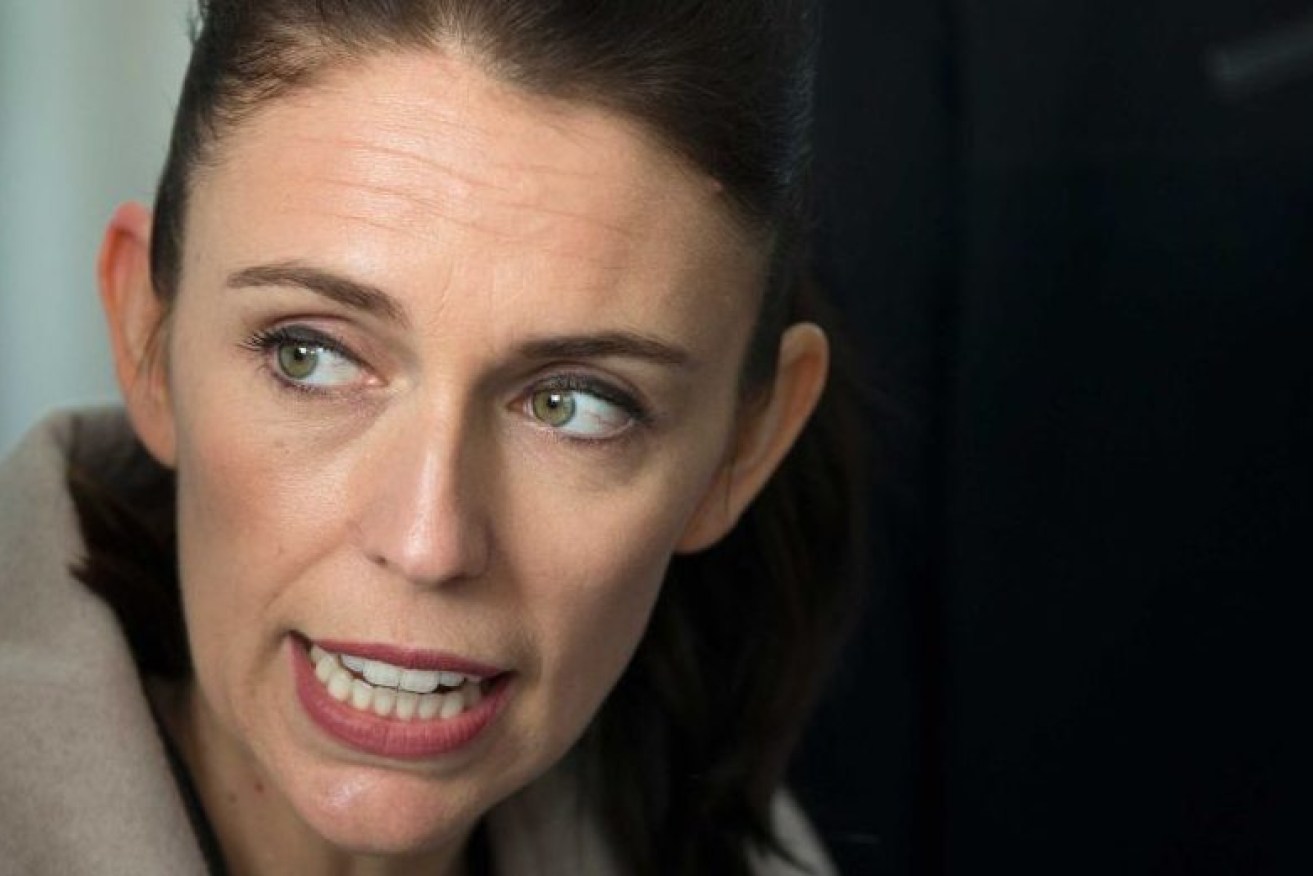
New Zealand PM Jacinda Ardern has struck some heavy political weather as a recession looms. (Photo: AP: Mark Baker, file)
Jacinda Ardern’s government has set aside $NZ569 million ($A515 million) for the “scrap-and-replace” scheme, one of several eye-catching measures in the plan released on Monday after four years in the making.
There is money for new native forests, decarbonisation, diverting organic waste from landfill and even more bus drivers.
But agriculture and dairy have been spared heavy lifting in the plan which lays out a roadmap to meeting New Zealand’s international pledges.
New Zealand’s first emissions reductions plan was unveiled by deputy PM Grant Robertson and Climate Change Minister James Shaw on Monday, with Ardern missing with COVID-19.
Robertson said it was “a turning point in history”.
“This plan guides every single sector of society and our economy to meet the long term targets we’ve seen in the budgets that keep us on track along the way,” he said.
The monumental work – described as akin to a government budget – comes after Ardern’s government legislated an independent climate change commission (CCC) in 2019.
Transport emissions will need to fall by a third over the next decade, with mass-scale forestation projects to help offset overall emissions.
More than one billion dollars of the new spending will be spent decarbonising transport, including the “clean car upgrade” scrap-and-replace scheme.
The government will support poorer Kiwi families to take 2500 cars off the road next year, ramping up to tens of thousands in 2024 onwards.
In the place of their fossil fuel-powered cars, they will be offered zero emission vehicles, e-bikes or other transport solutions that fit their needs.
The government sees transport as a major answer to reducing fossil fuel reliance, as a just over one per cent of vehicles are low or zero emission.
The goal is to hit 30 per cent by 2035, when the highest emitting vehicles will be banned, and the country’s bus fleet will be fully zero emission.
Public transport features strongly in the plan, with $NZ61 million ($A55 million) pledged to attract bus new drivers and offer competitive pay.
There is also $NZ652 million ($A590 million) for decarbonisation projects across the country.
Still, the plan falls short of climate advocates’ hopes.
A CCC suggestion to ban new gas connections in homes has not been adopted, and there is no timeline to phase out coal – which New Zealand imports in spades to burn for energy.
There is just $NZ380 million ($A344 million) for agriculture, despite the sector contributing roughly half of New Zealand’s emissions.
That share, including from the high-polluting dairy industry, will grow to 75 per cent of New Zealand’s emissions profile in a decade’s time as other sectors decrease faster.
Under the new approach to climate policy, the climate change commission produces “emission budgets” which governments must plan to meet.
The first budget – from 2022-2025 – caps carbon dioxide equivalent greenhouse gas emissions at 72.4 megatonnes per year, a fall of roughly two megatonnes from the recent average.
The next two budgets will see accelerated change.
In 2026-2030, 61 megatonnes are allowed each year, followed by 48 megatonnes in 2031-35.
The budgets have support from the opposition National party, the Greens and Maori Party, meaning there is no major debate in New Zealand about the scale of emission reductions needed, simply the path to get there.
